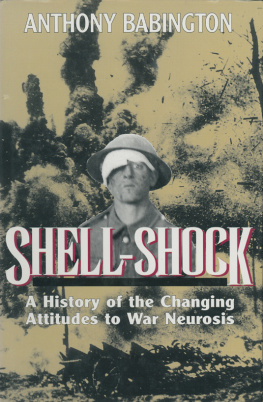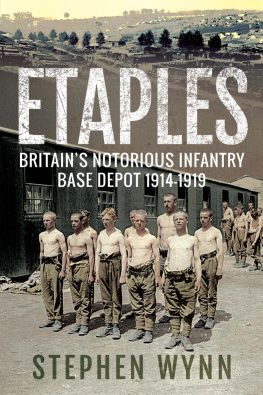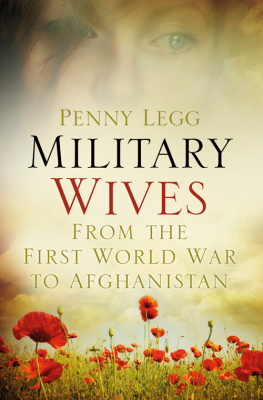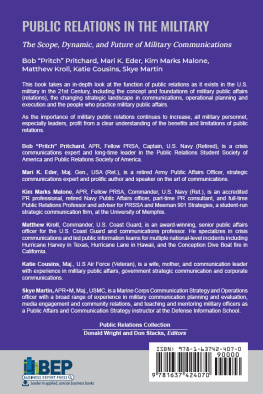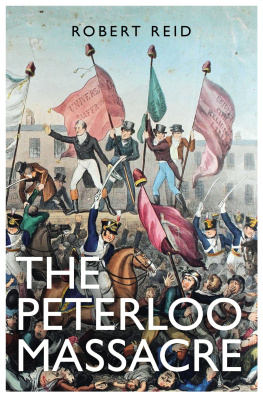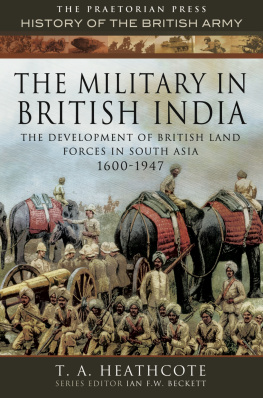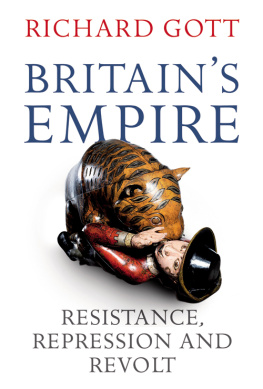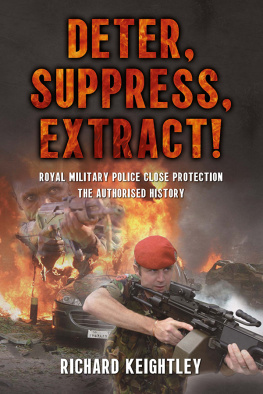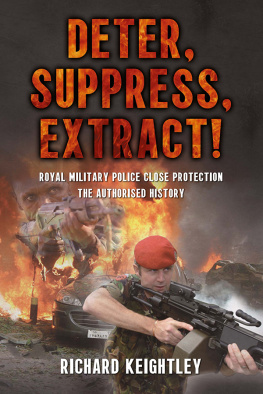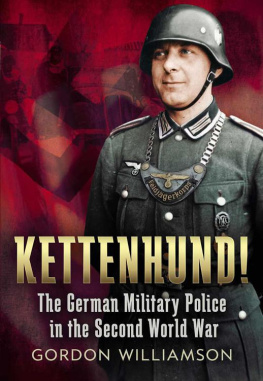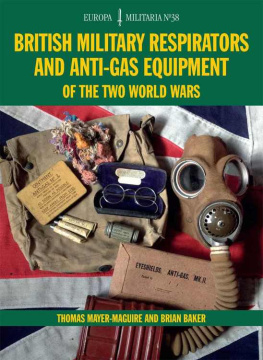First published in 1990
This edition first published in 2016
by Routledge
2 Park Square, Milton Park, Abingdon, Oxon OX14 4RN
and by Routledge
711 Third Avenue, New York, NY 10017
Routledge is an imprint of the Taylor & Francis Group, an informa business
1990 Anthony Babington
All rights reserved. No part of this book may be reprinted or reproduced or utilised in any form or by any electronic, mechanical, or other means, now known or hereafter invented, including photocopying and recording, or in any information storage or retrieval system, without permission in writing from the publishers.
Trademark notice: Product or corporate names may be trademarks or registered trademarks, and are used only for identification and explanation without intent to infringe.
British Library Cataloguing in Publication Data
A catalogue record for this book is available from the British Library
ISBN: 978-1-138-90784-3 (Set)
ISBN: 978-1-315-67905-1 (Set) (ebk)
ISBN: 978-1-138-93025-4 (Volume 1) (hbk)
ISBN: 978-1-138-93029-2 (Volume 1) (pbk)
ISBN: 978-1-315-68061-3 (Volume 1) (ebk)
Publishers Note
The publisher has gone to great lengths to ensure the quality of this reprint but points out that some imperfections in the original copies may be apparent.
Disclaimer
The publisher has made every effort to trace copyright holders and would welcome correspondence from those they have been unable to trace.
First published 1990
by Routledge
11 New Fetter Lane, London EC4P 4EE
29 West 35th Street, New York, NY 10001
1990 Anthony Babington
Phototypeset by Input Typesetting Ltd, London
Printed in Great Britain by
T J Press (Padstow) Ltd, Padstow, Cornwall
All rights reserved. No part of this book may be reprinted or reproduced or utilized in any form or by any electronic, mechanical, or other means, now known or hereafter invented, including photocopying and recording, or in any information storage or retrieval system, without permission in writing from the publishers.
British Library Cataloguing in Publication Data
Babington, Anthony, 2920
Military intervention in Britain: from the Gordon riots to the Gibraltar
incident
1. Great Britain. Public order. Intervention by military forces, history
I. Title
363.30941
ISBN 0-415-04374-3
Library of Congress Cataloging in Publication Data
Babington, Anthony.
Military intervention in Britain: from the Gordon riots to the Gibraltar
incident/by Anthony Babington.
p. cm.
Includes bibliographical references.
ISBN 0-415-04374-3
1. Great Britain-History, Military. 2. Civil-military relations-Great
Britain-History. 3. Law enforcement-Great Britain-History. 4. Riots-Great
Britain-History. I. Title.
DA50.B23 1990
322.50941-dc2089-10924
When kings the sword of justice first lay down,
They are no kings, though they possess the crown.
Daniel Defoe
Military duty in aid of the civil authorities, said Viscount Barrington, is a most odious service which nothing but necessity can justify. He was able to speak with a certain amount of authority on the subject, since between 1755 and 1778 he had spent a total of 19 years as Secretary at War, and in that office he would have been directly responsible for the use of the army and the militia in suppressing civil disorders in any part of the kingdom.
But however odious the service, Barrington must have been well aware that military assistance would continue to be essential in Britain for subduing serious rioting until the formation of an adequate, nationwide police force. At the close of the eighteenth century the principal peace officers available to the civil authorities for the enforcement of law and order were the unpaid and untrained parish constables, as well as the part-time, mostly elderly night-watchmen in larger towns, all operating under the supervision of the lay magistrates. It was a system which met with the general approval of the British people, for much as they disliked the intervention of armed troops in internal disturbances they had an even greater dislike for the concept of professional policemen who, they thought, would be inimical to the existence of a free society and who might well be used by the authorities for the purposes of tyranny and repression.
Quite apart from other considerations, the suppression of riots by the militia was in accordance with the Anglo-Saxon principle that each civic grouping should be responsible for the maintenance of order within its own area. If the local peace officers were unable to quell an outbreak of violence it seemed both logical and appropriate that they should appeal for help to the military commander of their district - the sheriff or later the Lord Lieutenant - and that he should call out the regional forces on behalf of the community as a whole.
The notion of localized law-enforcement could not withstand the onrush of progress and development with the growth of industrialization, the increasing ease of travel and communications, and the ever-expanding population. It suffered a further setback in the seventeenth century when Britain decided to establish a permanent national army for duty both at home and overseas.
Britains first professional constabulary, the Metropolitan Police Force, was formed in London in 1829. Other parts of the country, with a few exceptions, still preferred to persevere with their old, outmoded arrangements until 1856 when they were compelled by an Act of Parliament to follow the example of the capital.
In his well-researched study of the behaviour of the French and English mobs during the 100 years before the middle of the nineteenth century Professor Rude has written:
In the last resort, it was always the army on which authority in both France and England relied to defend itself against popular disturbance; and as long as the army remained substantially loyal any serious threat to the government or the established order was negligible or non-existent.
(Rud; 1964)
After the professional police had taken over from the amateur constables in Britain there was less need for the civil authorities to call for military assistance. Nevertheless, since the new police force was essentially an unarmed body, it was still necessary for the troops to intervene when a riot was particularly severe. The last occasion on which the army went into action against a mob on the British mainland was at Liverpool in 1919.
In this book I have endeavoured to trace the history of the employment of the military in aid of the civil power from the Anglo-Saxon period until the present disorders in Northern Ireland. I have added a final section concerning the ominous developments in recent years when mobs have become increasingly violent and have at times resorted to the use of firearms and other potentially lethal weapons. This has added a new dimension to inner-city riots and is now giving rise to a situation where Britain may be obliged to choose between having to create a specialized, para-military branch of the police force, or the restoration of the odious and superseded practice of calling out the troops in aid of the civil power.
Another matter which cannot be ignored in this context is the advent of terrorist gangs, the ruthlessly cruel fanatics whose usual repertoire comprises bombings, hijacks, and assassinations and who do not acknowledge the existence of the innocent bystander. The equipment and methods of these people have placed them far beyond the control of the civil police and have necessitated the intervention of the military. The proficiency and daring of the SAS have made this regiment an ideal anti-terrorist force.


